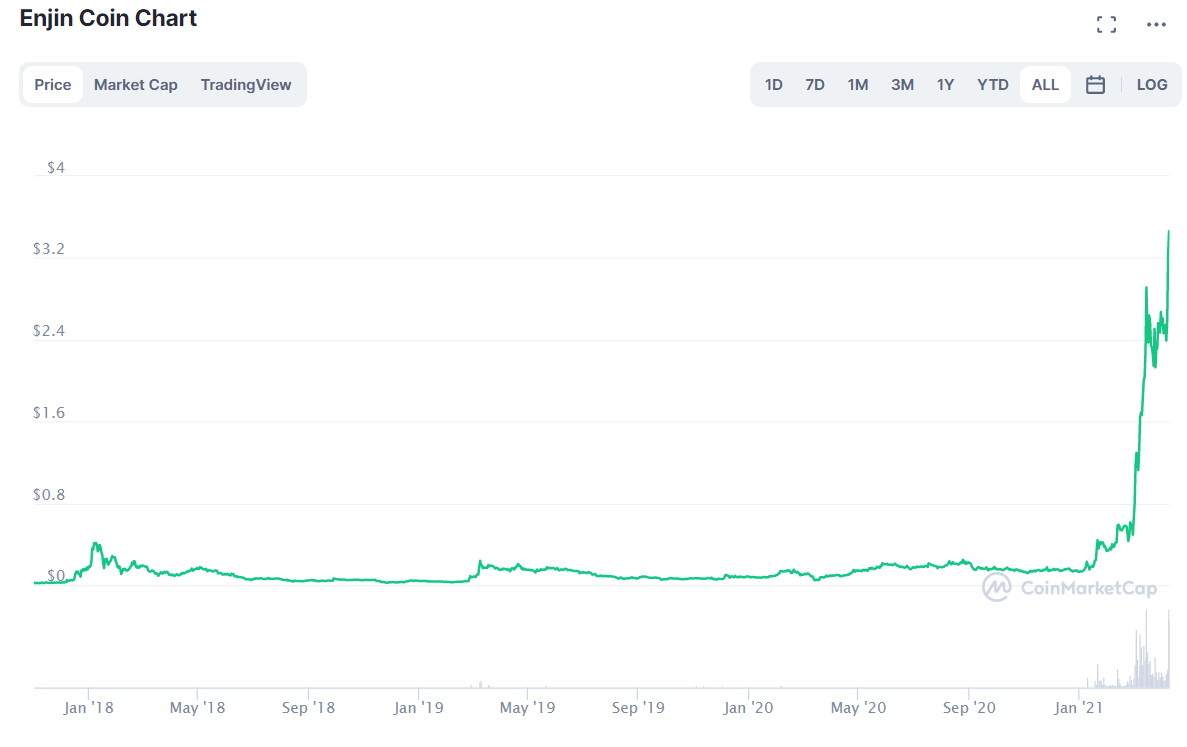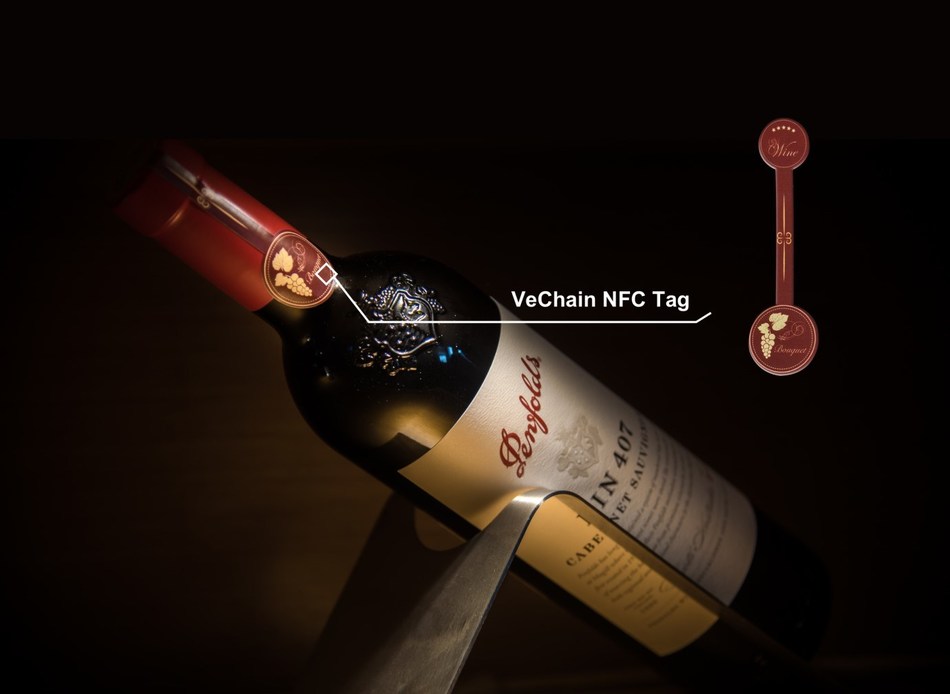News
First ICOs, Then DeFi, Now NFTs: What will Blockchain Disrupt Next?
Summary: About once a year, one aspect of blockchain technology seems to grasp the attention of mainstream media and the public, and results in cryptocurrencies skyrocketing in value. After the current NFT hype cycle ends, signs are pointing to the fact that business use-cases for blockchain may be the next big wave of investment. In 2017, ...
About once a year, one aspect of blockchain technology seems to grasp the attention of mainstream media and the public, and results in cryptocurrencies skyrocketing in value. After the current NFT hype cycle ends, signs are pointing to the fact that business use-cases for blockchain may be the next big wave of investment.
In 2017, blockchain and cryptocurrencies became a household name due to the ICO craze that led to projects raising hundreds of millions of dollars. In summer 2020, blockchain once again became prevalent due to DeFi and yield farming’s 1000% gains. Most recently, in early 2021, NFTs have become a household topic, and brought blockchain to heights never-before-seen. Anyone who invested in these sectors before they blew up have seen monumental gains, sometimes higher than 100x return on investment. As such, there is a lot of speculation about which industry or sector of blockchain will catch the public’s attention next. If it can be successfully found, early investors could make enough money to retire, so the stakes are high enough to warrant a thorough investigation. One only has to look at Enjin Coin, which was created during the 2017 ICO craze and is an NFT platform, to see how significant these gains can be.

One of the areas that blockchain can impact the most, but has seen little real-world use up to this point, is business and business-to-business, or B2B, applications. As of now, there are still lots of inefficient and legacy-based systems in place that cost businesses billions of dollars every year. If these businesses implemented blockchains and smart contracts into their companies, they would see these inefficiencies disappear, and as a result, increase profits significantly. Let’s look at a few examples of what these inefficiencies are, how they can be addressed, and what projects are working in these areas.
One of the most obvious areas of inefficiency that can be fixed with blockchain are the legal and contractual processes and associated fees. Any time that a business, or even a person, enters a legally-binding agreement, they go through a lawyer or escrow service and pay a hefty fee just to ensure that the agreement will go as planned. With smart contracts, these legal processes can be replaced by code, and anyone can collaborate with anyone else without any worry of fraud or a lack of trust. By eliminating these fee-charging middlemen, businesses can save lots of money on transactions, and actually be incentivized to collaborate more, since it costs them nothing and leads to more profits.
Ethereum and other smart contract platforms would allow businesses to automate the creation and fulfillment of contracts. Additionally, LTO Network is a project focused on improving business efficiency in Europe. They already have platforms allowing for blockchain-based digital signatures, inspection reports, notary services, and legal contracts. This could save millions, if not billions, of dollars for businesses around the world, and thus LTO and related projects, like Ontology, appear to have a bright future.

Another area that almost every business could use blockchain in is supply chain management. When a product is created, starting from being natural resources to manufacturing to the store shelves, it goes through a series of steps, and at each step a company documents the product’s state as it goes through the supply chain. Currently, each step in the supply chain process is centralized, and it is difficult to determine if someone makes a fraudulent claim. Furthermore, due to being centralized, supply chain data can be changed and manipulated after the fact, leading to even more fraudulent results that a consumer cannot trust. By being decentralized and immutable, blockchain solves this problem and would increase transparency and security for businesses.
VeChain is the largest project creating a blockchain-based supply chain management system. Their solution is already being used in the real world. In fact, there are wine bottles with VeChain QR codes on them that give accurate and transparent information about everything related to the bottle, so consumers can rest assured that the wine they are buying is legitimate. This technology will become prevalent in other goods as well, and lead to a more transparent, efficient, and trustless supply chain system.

One final use case is in the fundamental structure of a business. Most businesses are governed by a board of directors which make every decision about the business. Though this works fine in some situations, it is not a democratic process, and people who hold shares in the company have little say over how the day-to-day operations are run, and cannot add any real value to the business. On the other hand, a blockchain-based DAO, or decentralized autonomous organization, is based on the principle that everyone who owns a piece of the company should have a say in how it is run. Instead of having a board of directors, with each director having a multi-million dollar salary that is hardly deserved, every person who owns a share of the company can propose a change or vote on governance decisions. This creates a more fair and efficient business model, and incentivizes the shareholders to help increase profits for the company.
MetisDAO is one cryptocurrency project focusing on this area. They allow anyone to easily port their application or business to a DAO structure, and reap the benefits that it offers. Another project working in this ecosystem is DAO Maker, who act as a startup incubator and allow anyone to invest in upcoming DAOs.

Blockchain offers billions of dollars in benefits to companies, and it is only a matter of time until it is adopted in order to decrease costs and increase profits. If this use-case takes off in the same way that ICOs, DeFi, or NFTs have, there will be multiple billion-dollar projects building these solutions, and the investors lucky enough to find them first will be able to retire early.
By Lincoln Murr
Tags: Blockchain,business,Cryptocurrency,DeFi,Ethereum,LTO,VeChain
Link: First ICOs, Then DeFi, Now NFTs: What will Blockchain Disrupt Next? [Copy]